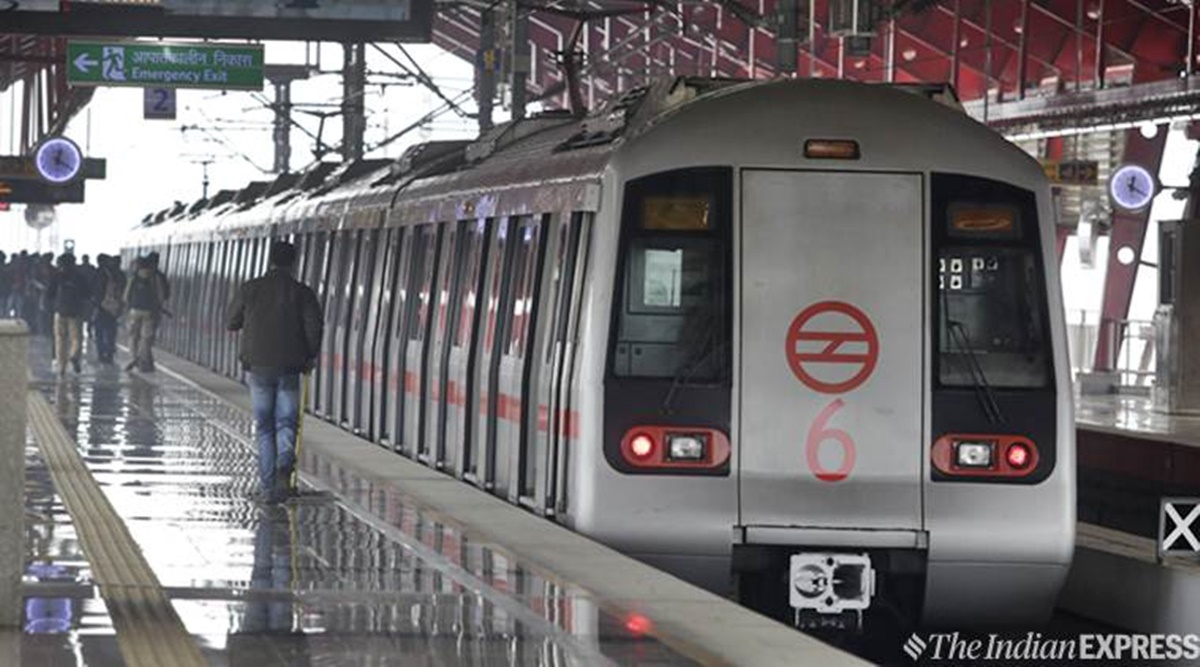 According to the plan, stations on the Yellow Line and Blue Line, having 116 and 195 gates each, will have 39 and 69 gates open respectively.
According to the plan, stations on the Yellow Line and Blue Line, having 116 and 195 gates each, will have 39 and 69 gates open respectively.The average time spent by a commuter inside the Delhi Metro system is set to increase once train services resume, with authorities planning to keep only 257 out 671 station gates open to streamline frisking and thermal scanning.
While stations usually have four entry and exit gates, with interchange stations like Rajiv Chowk and Kashmere Gate having more, after Metro restarts — a possibility under Centre’s Unlock 4.0 — most stations will designate one entrance each.
According to the plan, stations on the Yellow Line and Blue Line, having 116 and 195 gates each, will have 39 and 69 gates open respectively. These are among the busiest corridors of the Metro, which has a total of nine corridors, apart from the Airport Express Line and the Gurgaon Rapid Metro.
There are 242 stations on these corridors. When the Rapid Line and Aqua Line are taken into account, the number of stations go up to 285, spread across a network measuring 389-km in Delhi and NCR.
Noida Sector 16, Noida Sector 15, Botanical Garden, Noida City Centre, Kashmere Gate, Mayur Vihar Phase I, Laxmi Nagar, Nirman Vihar, Azadpur, Inderlok, Karkardooma, Kaushambi, Lajpat Nagar, Kalkaji Mandir are among the few stations that will have two gates open.
Initially, train frequency will also be considerably less, “depending on availability of operation staff, and gradually increased or decreased depending on requirement and ridership”, according to the plan drawn up by the Delhi Metro Rail Corporation (DMRC).
Trains will also halt for a longer duration at every station. At terminal stations, trains will halt with all the doors open for a considerable time to allow fresh air to enter the coaches.
However, Metro authorities may revise the plan based on ground feedback. The decision to keep limited gates open has been taken in accordance with the Union Ministry of Housing and Urban Affairs guidelines, which pointed to the need for channelising commuters for easier thermal screening.
The DMRC has also decided to deploy assistant managers, managers and senior supervisors of the corporation’s operations and management and project departments as part of “special duty” for two weeks from the date of resumption of services.